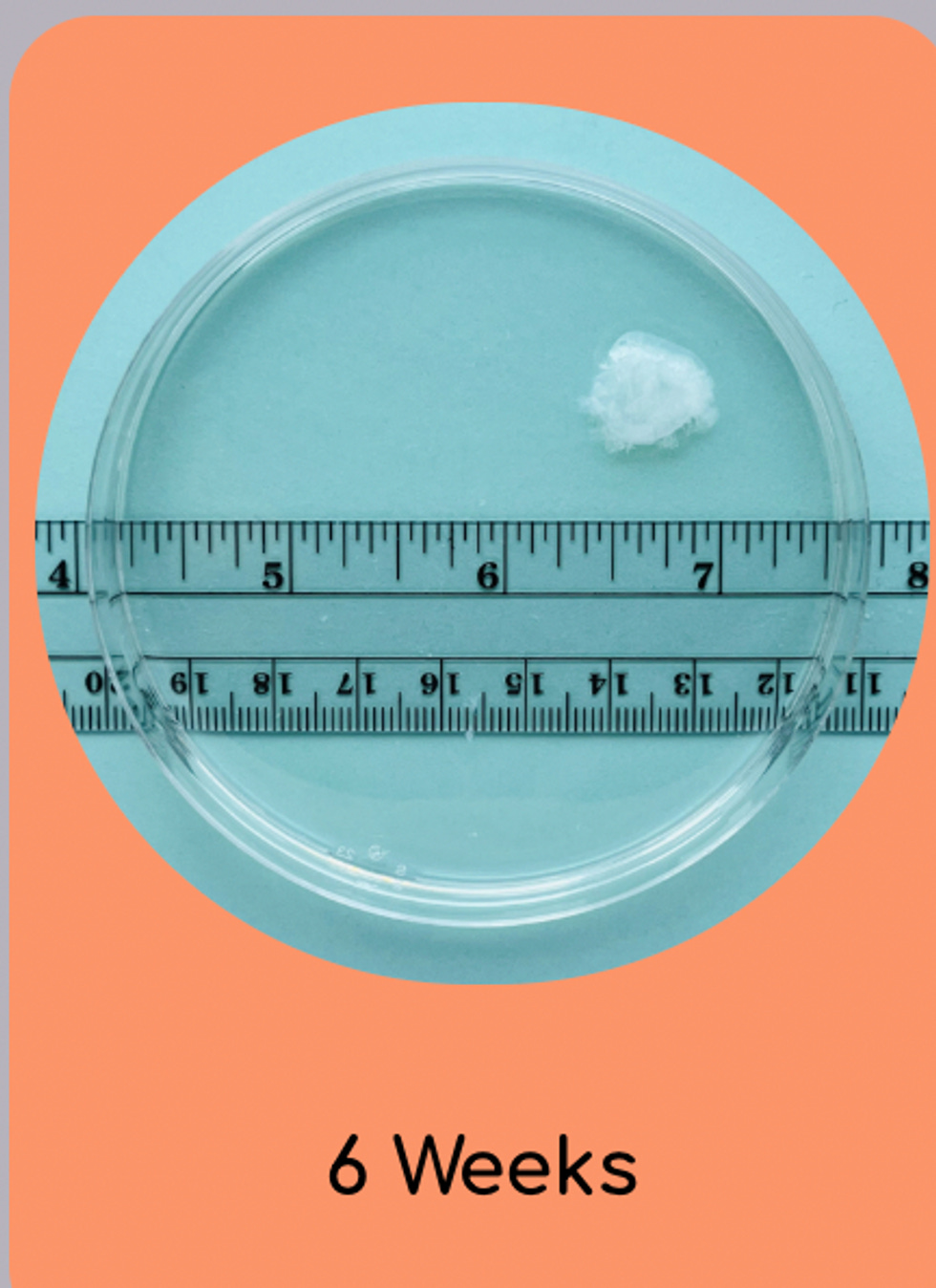Georgia's Terrible Abortion Law Is Going On Trial Today
Two-thirds of voters say they don't want it.
According to a poll published today by 19th News , only 13 percent of people in states that have banned abortion actually want their states to ban abortion. Also, today, the state of Georgia is going to trial to defend its terrible abortion law.
In 2019, well before Roe v. Wade was overturned, the state of Georgia passed a law banning abortion at six weeks — a so-called Heartbeat Bill, so named to tug at the heart strings of poorly informed people who hear that and picture in their minds a tiny widdle baby with a tiny widdle heart, such as one might find in the middle of a king cake.

However, at this stage of development the embryo is merely a half-inch long gestational sac, indistinguishable from pocket lint. It's not even a fetus yet. It will not become a fetus until 10 weeks gestation.

As anyone who is remotely familiar with this issue knows by now, there is no actual fetal heartbeat because there is no actual fetal heart. There is a cardiac pole. An actual "heartbeat" can't be detected until 17-20 weeks into a pregnancy because there isn't an actual heart until then.
The lawsuit, filed by a group of doctors and advocacy groups in July, argues that the ban ought to be struck down on multiple grounds, including that it violates the right to privacy guaranteed in the Georgia constitution by “forcing pregnancy and childbirth upon countless Georgians.”
Courts have repeatedly found that the Georgia constitution guarantees citizens far more robust privacy protections than the United States Constitution, guaranteeing them the right "to be let alone" and the "right to withdraw from the public gaze." Defenders of the abortion ban claim that this does not count, because "a human life" is involved and therefore the right to privacy is out the window.
The petitioners will also argue that the law was invalid from the start because when it was enacted, it violated the United States Constitution and Supreme Court precedent.
The case is to be decided solely by Fulton County Superior Court Judge Robert McBurney, who earlier this year rejected a bid from former Sen. David Perdue to overturn Georgia's 2020 election result. Earlier this year, McBurney refused to block the law from going into effect while the lawsuit was pending. Though he said that this should not be seen as a sign of how he would rule in this case, it's unfortunately a little hard to imagine that someone who would be willing to just force Georgians to put up with this law even for a few months would be entirely hesitant to force them to do so forever.
A pretty important thing to remember is that even if McBurney decides in favor of Georgia Republicans, this law does not have to be forever. Georgians are free to elect Democrats who will protect their reproductive rights — and given that nearly two-thirds of voters do not support these new restrictions, they may want to consider doing so before it is too late. Alas, Governor Brian Kemp, who has said he is willing to pass a total ban , has been consistently polling ahead of Stacey Abrams, who has said she would protect abortion rights and access, so it's not looking good.
For the time being, however, here is the livestream for the trial:
Do your Amazon shopping through this link, because reasons .
Wonkette is independent and fully funded by readers like you. Click below to tip us!




At 6 weeks, an embryo resembles the product of a very productive sneeze…
At 10 weeks, it resembles a slimy Cheeto…
At 16 weeks, it looks like a cross between Chucky, and that thing that jumps out of people stomachs in the Alien franchise
Fetal "personhood" is one of the forced birthers favorite arguments, but it's disingenuous at best and deliberately dishonest at worst.
In terms of body autonomy, it doesn't matter whether the fetus is a cluster of cells or a "person". The hospitals are full of patients who are full-fledged persons. Some of them need blood transfusions, or tissue samples, or organ donations. And THEY can't demand them, EITHER, at least not without the consent of the donor -- not even if they'll die without them.
If these folks want to deem consent irrelevant, we'll be at their door tomorrow morning to harvest their organs for my uncle who needs a kidney -- with or without their permission.